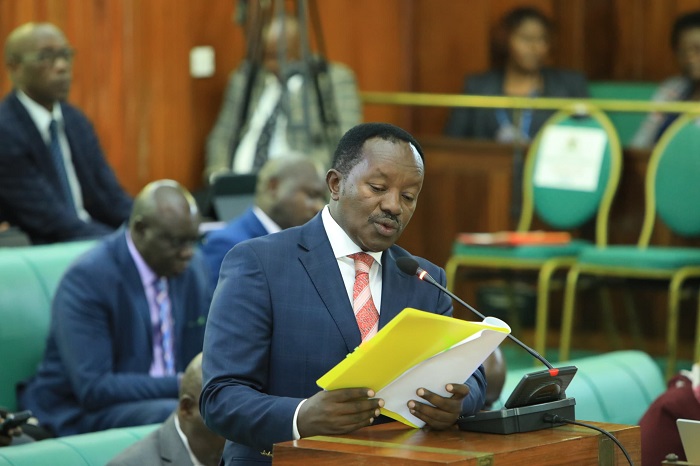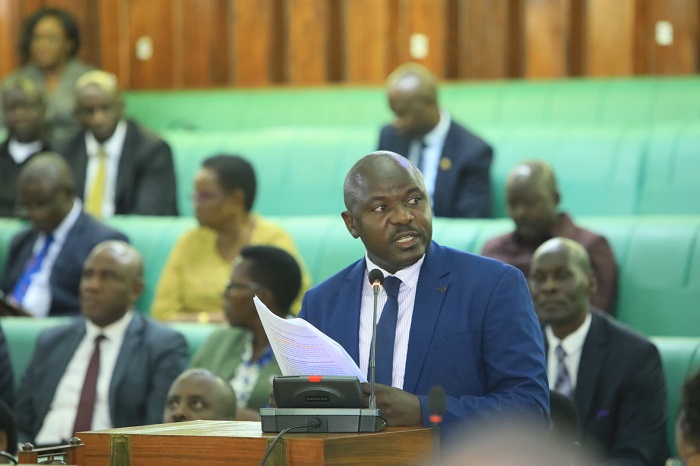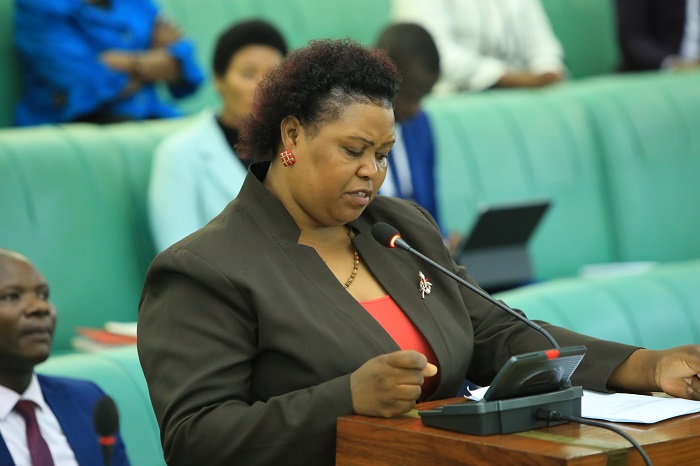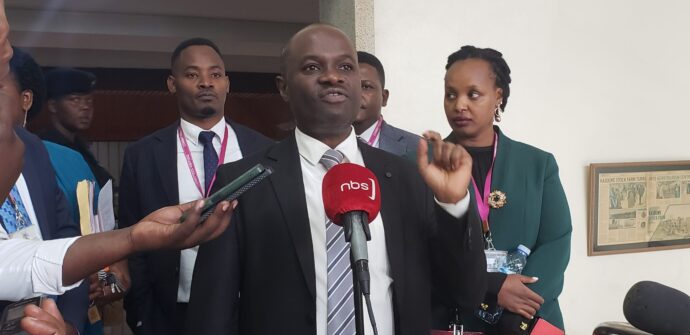
MPs shift oversight of NGOs back to the Internal Affairs Ministry. Raises questions about the impact on NGOs. Centralizing supervision debated. Critics are concerned about government control. Need for safeguarding NGO independence and compliance. Collaboration is essential for navigating change.

Legislators have abolished the Non-Governmental Organisations (NGOs) Board and transferred its oversight mandate of NGOs back to the Ministry of Internal Affairs.
This decision was made during the consideration of the NGO (Amendment) Bill, 2024 at the plenary sitting on Tuesday, 23 April 2024.
Hon. Wilson Kajwengye, the Chairperson of the Committee on Defence and Internal Affairs, mentioned that the functions of the National Bureau of NGOs can be effectively carried out within the Ministry, as was the case in 2016 before the Board was established.
The amendment now integrates the Bureau as a department under the Ministry of Internal Affairs, aligning with the government’s effort to streamline various entities.
The new legislation replaces the NGO Board with a Bureau overseen by a Secretary, who will report to the Permanent Secretary of the Ministry of Internal Affairs.
Under the new legal framework, the Secretary will handle the daily operations of the Bureau, manage its finances, and oversee the administration and assets of the Bureau.
Kajwengye argued that dissolving the Board would prevent the government from accruing annual arrears of up to Shs1.1 billion, which were incurred in facilitating the NGO Board and Adjudication committee.
“The revenue generated from NGO registration will now be channeled into the Ministry,” noted Kajwengye.
Hon. Asuman Basalirwa (JEEMA, Bugiri Municipality) expressed concerns about the bureaucratic hurdles involved in renewing NGO licenses and questioned the necessity of maintaining the National Bureau of NGOs.
“Accessing information or renewing licenses through the NGO Board is extremely challenging, even basic tasks pose difficulties. I believe its continuation is unwarranted,” Basalirwa remarked.
On the other hand, Hon. Dononzio Kahonda (NRM, Ruhinda South County) disagreed with the Committee’s findings, highlighting the Board’s role in facilitating the registration, monitoring, and inspection of NGOs.
He emphasized that NGOs and CBOs registered in Uganda contribute at least Shs4.5 trillion annually to the country’s economy, thus complementing the government’s efforts.
Kahonda expressed concerns that integrating the Bureau as a department might deprive the country of the specialized expertise needed to oversee the intricate and evolving NGO sector.
Hon. Christine Kaaya, the Kiboga District Woman MP, echoed support for the minority report, cautioning that placing the Bureau under the Ministry of Internal Affairs could impede inspections and monitoring of NGOs.

“Dissolving the Board could pose challenges as NGOs rely on donors who expect prompt responses, considering their significant contributions to fundraising in our nation,” she remarked.




